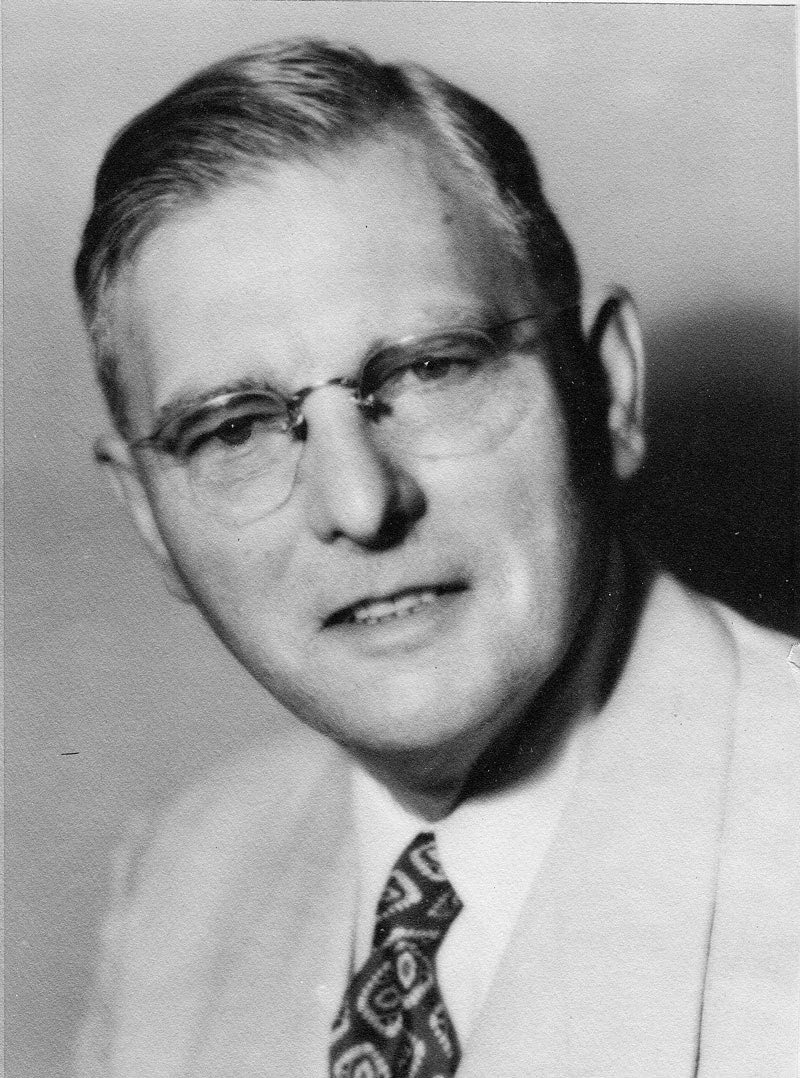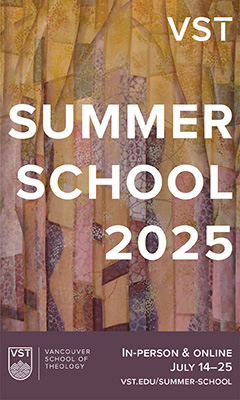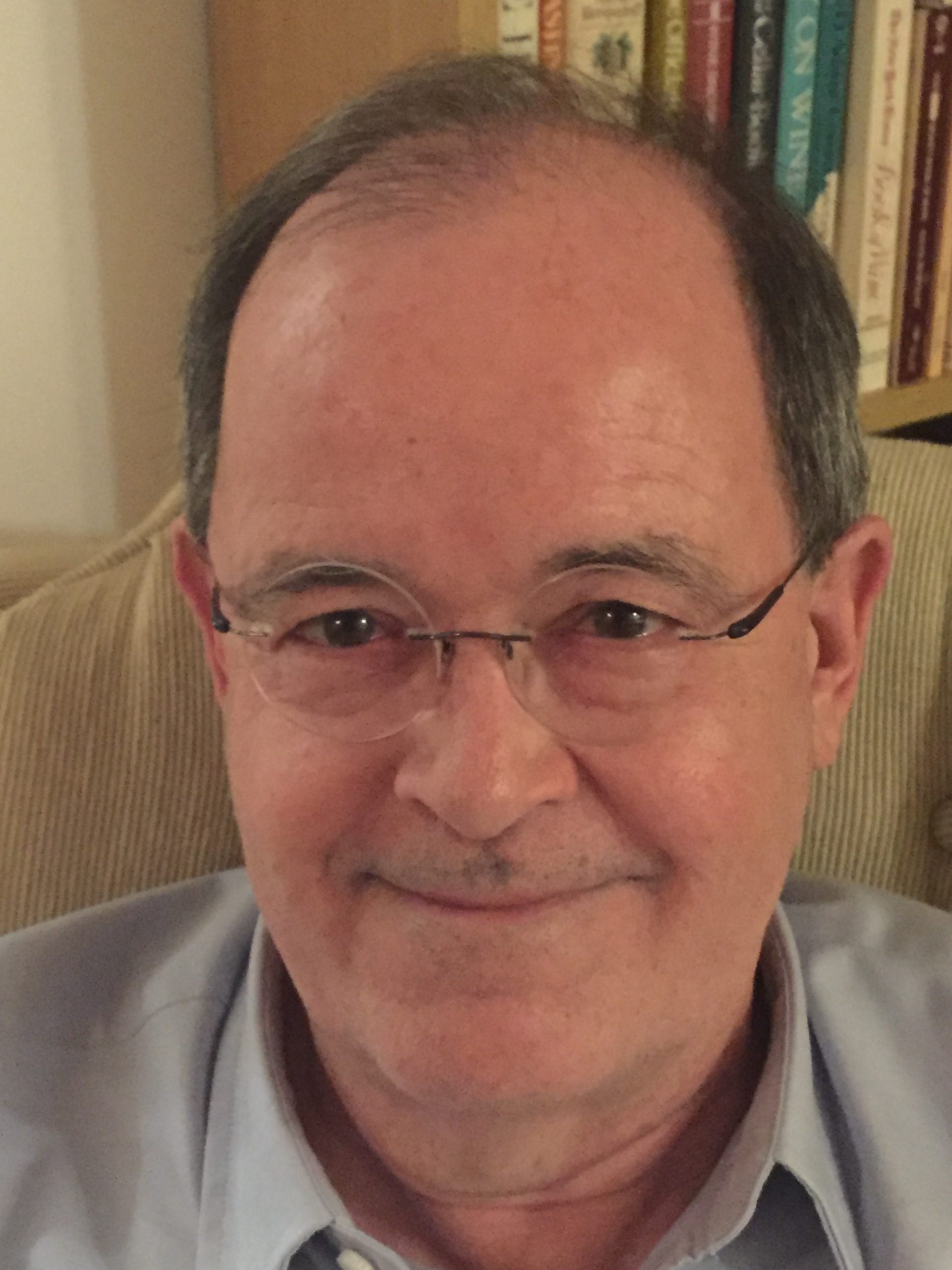Educational Trusts Board administers education grants for clergy and laity

Over the past two months in the Post, we’ve been telling you about one of the major activities of the diocesan Educational Trusts Board: the John Albert Hall lecture series. In this issue, we’ll conclude the series by describing the other funds the board looks after: how they came to be established and how they’re used for the benefit of the diocese.
As its name implies, the Educational Trusts Board (ETB), in addition to sponsoring the John Albert Hall lectures, administers legacy trusts for educational grants to clergy and lay members of the diocese. There are several different categories, named for the individuals whose generous bequests created the endowments, which the board has the happy responsibility to steward. Altogether, the current capital value of the assets administered by the ETB is approximately $2.8 million. Normally, only the accrued value of the income earned from these investments is available for distribution. In any given year, that typically amounts to about $90,000 — depending, of course, on market fluctuations.

Support for clergy education comes from the Mann Trust. When Florence May Mann passed away on Christmas Eve, 1983, she left the bulk of her estate (over half a million dollars) to establish the C.H.G. Mann Trust, named for her late husband, Charles Henry Guy Mann, a chartered accountant and Oak Bay municipal councillor who came to Victoria from Fort Frances, ON, and died suddenly in 1958. (Both are interred in the columbarium of Christ Church Cathedral.) Florence’s will specified that the money should be used “for training of men for the ministry and post-ordination study.” A decade later, our long-time diocesan chancellor, the redoubtable Constance Isherwood, applied legal precedents to determine that women were also eligible to benefit from the fund. Today, income from the Mann Trust supports three programs: the Mann Scholarship, for ordination candidates to pursue theological studies; the Mann Fellowship, for ordained clergy to undertake post-graduate work or extended study leave; and the Mann Bursary, for clergy to attend short-term courses, seminars, workshops and conferences.
Anglicans on these islands and inlets who are not ordained can also apply for financial support to pursue education and training in areas relevant to their faith and vocation as part of “the ministry of all the baptized.” These lay training grants come from the Lay Ministry Trust (created through the sale of the rectory trust from a disestablished parish), the Flitcroft Trust (endowed by the late Stanley Flitcroft, a long-time West Coast educator who died in Victoria in 1976), and the Swallow Trust (named for Frances Ellenor Marguerite Swallow, who passed away in 2004).
Individuals interested in accessing any of these funds must make a submission to the Educational Trusts Board, which meets five times a year to review applications and make decisions on the distribution of funds. For lay training grants, applicants are asked, among other things, to explain in some detail how the proposed study “will contribute to the advancement of your own personal, spiritual and professional development.” The maximum amount awarded for lay training is usually $1,000, though higher amounts can be considered in exceptional circumstances.
Many people across the diocese, including paid staff, volunteers and folk from the pews, have benefited from these educational subsidies, and used them for everything from deepening their spiritual life, to upping their professional skills, to acquiring certification in pastoral care. Organizers of training programs can now also apply for financial assistance for some or all of their registrants.
Catherine Dafoe Hall, who is currently serving as interim priest at St. Peter, Campbell River, and who is the national director of the Education for Ministry program across Canada, testifies to the lasting value of this kind of support: “When I was a younger woman, a small amount of assistance from the diocese enabled me to enroll in the Education for Ministry program for two years. This was crucial in my formation as a lay person, serving my parish and the diocese. Later, EfM was part of what supported discernment of vocation to the priesthood and a move to seminary. I remain grateful for this assistance all these years later.”
The Educational Trusts Board encourages all members of the diocese to consider pursuing further education, training and formation in the faith, and to access the diocesan trust funds designed to help them do so. Comprehensive policy guidelines and application forms are available on the diocesan website at www.bc.anglican.ca/diocesan-committees/other-committees. Please take careful note of the application requirements, and also the deadlines by which submissions must be received in order to be dealt with in a timely manner. The next intake dates are as follows:
April 15 (for consideration in May)
May 15 (for consideration in June)
August 15 (for consideration in September)
October 15 (for consideration in November)


